According to the UK’s chief veterinary officer, more birds in England have tested positive for H5N8 strain of bird flu, following last week's announcement of the disease at a poultry farm in Lincolnshire.
On Friday, the UK government confirmed findings of the disease in dead wild wigeons from Somerset and Leicestershire. They also confirmed that H5N8 had been found in a dead wild peregrine falcon in Scotland.
This is the first case identified in Scotland since the current European outbreak began at the end of October.
The H5N8 strain was also found in a dead wild wigeon in Wales on Thursday.
Legislation
Following the news of the case in Wales, the Irish Government began preparing legislation to coerce poultry farmers to house birds as the threat of bird flu intensifies. The legislation was signed into force this Friday morning. This is the first time Ireland has taken this preventative measure.
Speaking to the Irish Farmers Journal, IFA poultry chair Nigel Renaghan said he welcomes legislation requiring farmers to house birds.
“I have been saying publicly for a while now that it is the best interests of the sector to house birds to prevent the spread of this deadly disease to our shores,” he said.
Human fears
While deadly to birds, the H5N8 strain of bird flu poses no health risks to humans. There has been no case of H5N8 detected in Ireland in either wild birds or poultry flocks to date.
The Department of Agriculture has advised that if poultry farmers or other bird owners have any concerns regarding the health of their birds they should consult their veterinary practitioner immediately for advice. Alternatively, they should contact their nearest Department of Agriculture, Food and the Marine regional veterinary office or call the Avian Influenza Hotline on 076-106 4403.
More information can be found on the Department's website here.
Read more
Bird flu: what is it and should I be worried?
According to the UK’s chief veterinary officer, more birds in England have tested positive for H5N8 strain of bird flu, following last week's announcement of the disease at a poultry farm in Lincolnshire.
On Friday, the UK government confirmed findings of the disease in dead wild wigeons from Somerset and Leicestershire. They also confirmed that H5N8 had been found in a dead wild peregrine falcon in Scotland.
This is the first case identified in Scotland since the current European outbreak began at the end of October.
The H5N8 strain was also found in a dead wild wigeon in Wales on Thursday.
Legislation
Following the news of the case in Wales, the Irish Government began preparing legislation to coerce poultry farmers to house birds as the threat of bird flu intensifies. The legislation was signed into force this Friday morning. This is the first time Ireland has taken this preventative measure.
Speaking to the Irish Farmers Journal, IFA poultry chair Nigel Renaghan said he welcomes legislation requiring farmers to house birds.
“I have been saying publicly for a while now that it is the best interests of the sector to house birds to prevent the spread of this deadly disease to our shores,” he said.
Human fears
While deadly to birds, the H5N8 strain of bird flu poses no health risks to humans. There has been no case of H5N8 detected in Ireland in either wild birds or poultry flocks to date.
The Department of Agriculture has advised that if poultry farmers or other bird owners have any concerns regarding the health of their birds they should consult their veterinary practitioner immediately for advice. Alternatively, they should contact their nearest Department of Agriculture, Food and the Marine regional veterinary office or call the Avian Influenza Hotline on 076-106 4403.
More information can be found on the Department's website here.
Read more
Bird flu: what is it and should I be worried?



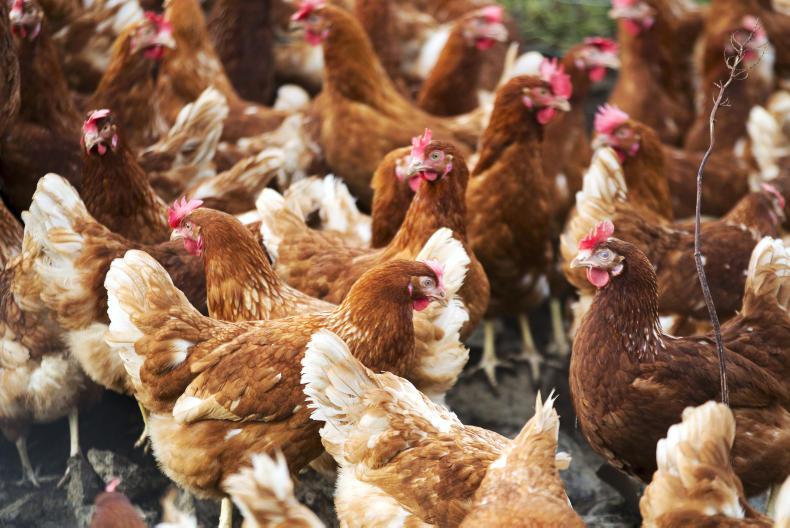

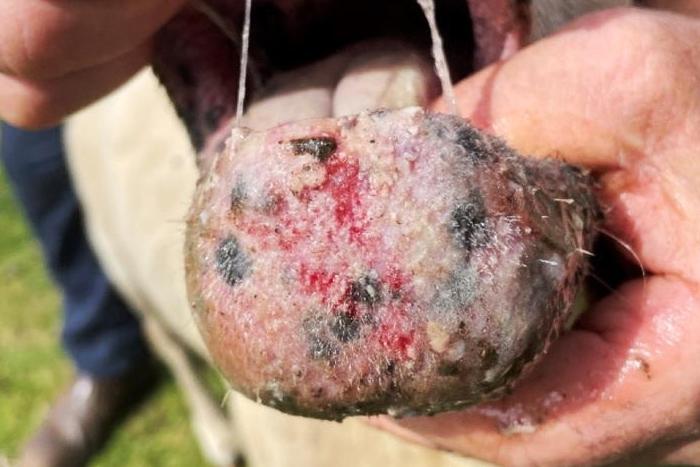

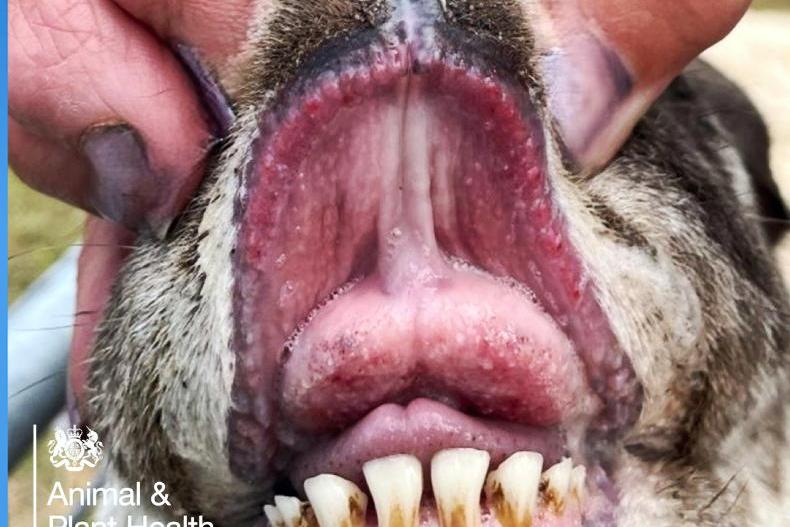
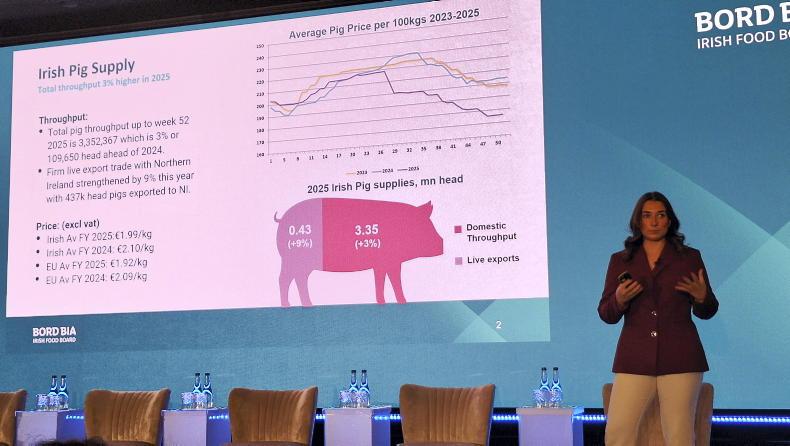
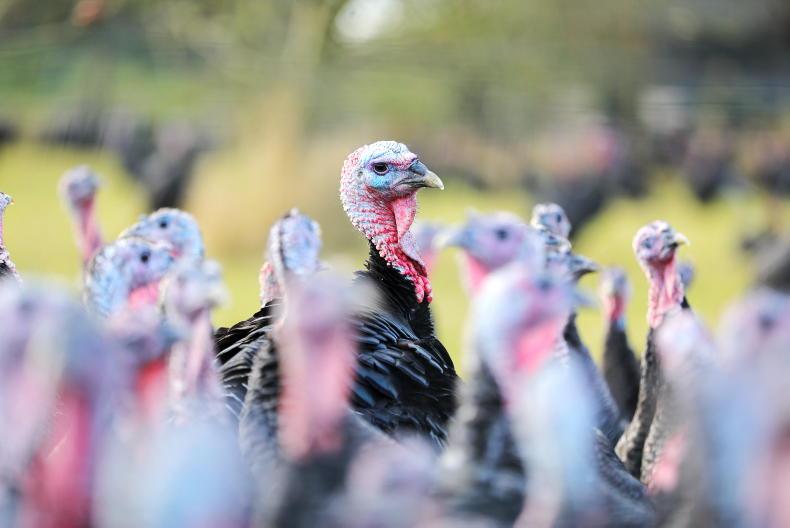
SHARING OPTIONS